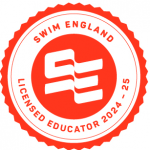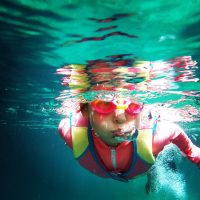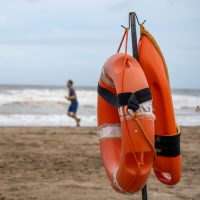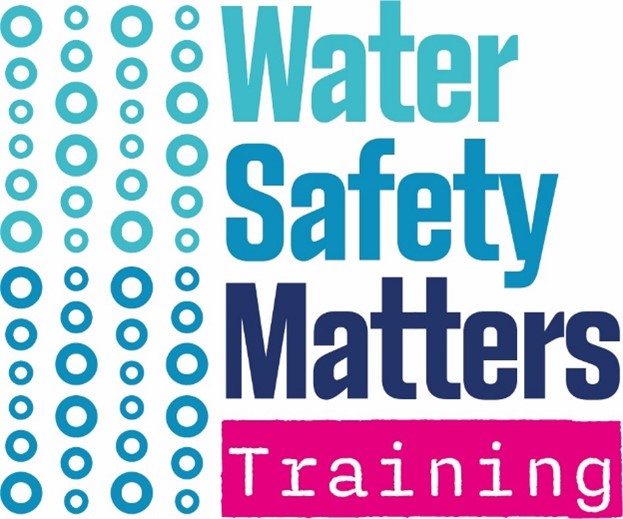Ask Bob – FAQ’s
Below are some Frequently Asked Questions
Do I need to be able to swim to teach or assist?
No there is not a swim competency test, being comfortable and having an enjoyment of the water is the most important thing, so you can help others feel safe and confident.
How does the assessment work?
Assessments are a crucial part of your learning journey, designed to support your growth and development as a swim teacher. They are not just evaluative tools, but rather opportunities for you to learn and refine your skills. By participating in assessments, you’ll be able to:
Test your knowledge and understanding of key concepts
Reflect on your performance and identify areas for improvement
Develop and refine your teaching skills through practical application
Receive feedback and guidance from your tutor
Ultimately, assessments will help you become a proficient swim teacher or assistant, equipped with the skills and confidence to make a positive impact in the pool.
You will engage in a range of activities to support your learning and development. This includes:
- Completing theory questions to assess your knowledge and understanding
- A review of your performance, providing valuable feedback and insights
- Participating in professional development opportunities to enhance your skills and expertise
- Being observed while assisting or teaching, allowing you to apply your skills in a real-world setting
Is there an exam?
No all the assessment is done as a supportive process throughout the course, giving you plenty of opportunity to keep practicing and developing.
What happens if I don’t pass?
This is highly unlikely if you are committed to learning. You have up to 12 months to complete your qualification, so in the event you don’t quite achieve everything first time, we will work with you on the areas to develop.
How much does a swimming teacher earn?
The rate of pay varies throughout the UK but ranges from £15 – £25 per hour.
How many hours of teaching or assisting will I do?
This is totally up to you and your availability, but in the UK we currently have a national shortage of good teachers, so you should always have plenty of work available.
How do I find a job?
Go to your nearest swim school or leisure centre and have a chat, they will be pleased to hear from you and explain all about their recruitment processes.
Do I need a DBS check?
During the course you will be guided by the tutor and will not be required to have a DBS check. Once you start work your employer will do the DBS check as part of their safe recruitment process.
Welcome to Water Safety Matters, your premier training company dedicated to promoting and educating on the importance of safety in and around water.
Become a Swim Teacher
Dive into a rewarding career as a swimming teacher – Where water safety truly matters!
National Curriculum Support for Schools
Together we can ensure that children learn essential water safety skills in line with national standards.
Swim Schools
Do you need qualified teachers, or to upskill your workforce?
We can help.
Our mission is to empower individuals with the knowledge and skills necessary to enjoy water activities responsibly.
Contact us today to learn more about our services and how we can help you prioritise water safety in your personal or professional life.

Hi, I’m Louise. Water is my happy place, my mission is to make it yours too!
Our Values.
Integrity in every drop.
Honesty and integrity are at the heart of everything we do. We strive to build trust with our clients, partners and team members.
Ripple effect of success.
We believe that everyone has the potential to excel. We inspire and empower everyone to share their knowledge, skills and passion for water-related education.
Inspiring Excellence.
We cultivate a culture of collaboration, prioritising relevance and impact to set the benchmark for exceptional industry standards.
With a strong commitment to delivering engaging and effective training in accordance with industry standards, I ensure that you receive top-quality education.
Drawing from over 30 years of experience, I bring a wealth of knowledge as a Swim England Tutor, Open Water Swimming Coach, Swimming Teacher specialising in disabilities and a scuba diving instructor. I began my aquatics journey at the age of 18 as a lifeguard in America.
 In my role as a Swim England Educator, I am dedicated to training the next generation of swimming teachers. Having instructed over 2000 teachers, who each potentially influence up to 80,000 children weekly, the impact of my teaching reaches far and wide.
In my role as a Swim England Educator, I am dedicated to training the next generation of swimming teachers. Having instructed over 2000 teachers, who each potentially influence up to 80,000 children weekly, the impact of my teaching reaches far and wide.
Why Water Safety Matters?

Research has proven that wearing a life jacket can increase your chances of survival by up to four times if you’re immersed in cold water.

Learning how to float could save your life in an emergency.

Many people who enter the water do not plan to do so, rescuing a pet is one of the main causes of drowning.

In the UK, over 300 people a year die due to drowning.

1.2 million adults in the UK cannot swim.

Cold water shock is a sudden and intense physiological response that occurs when the body is exposed to cold water.
